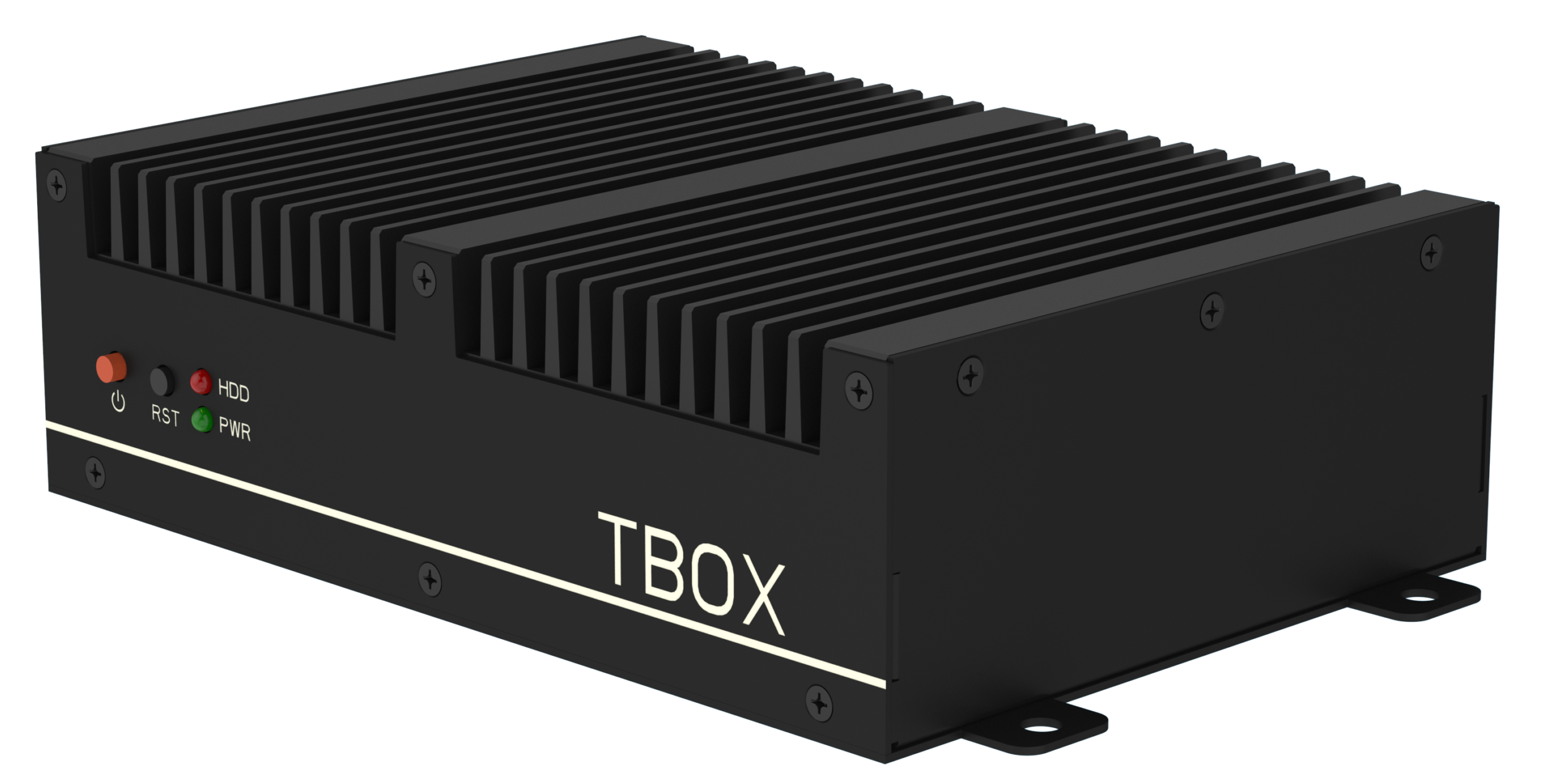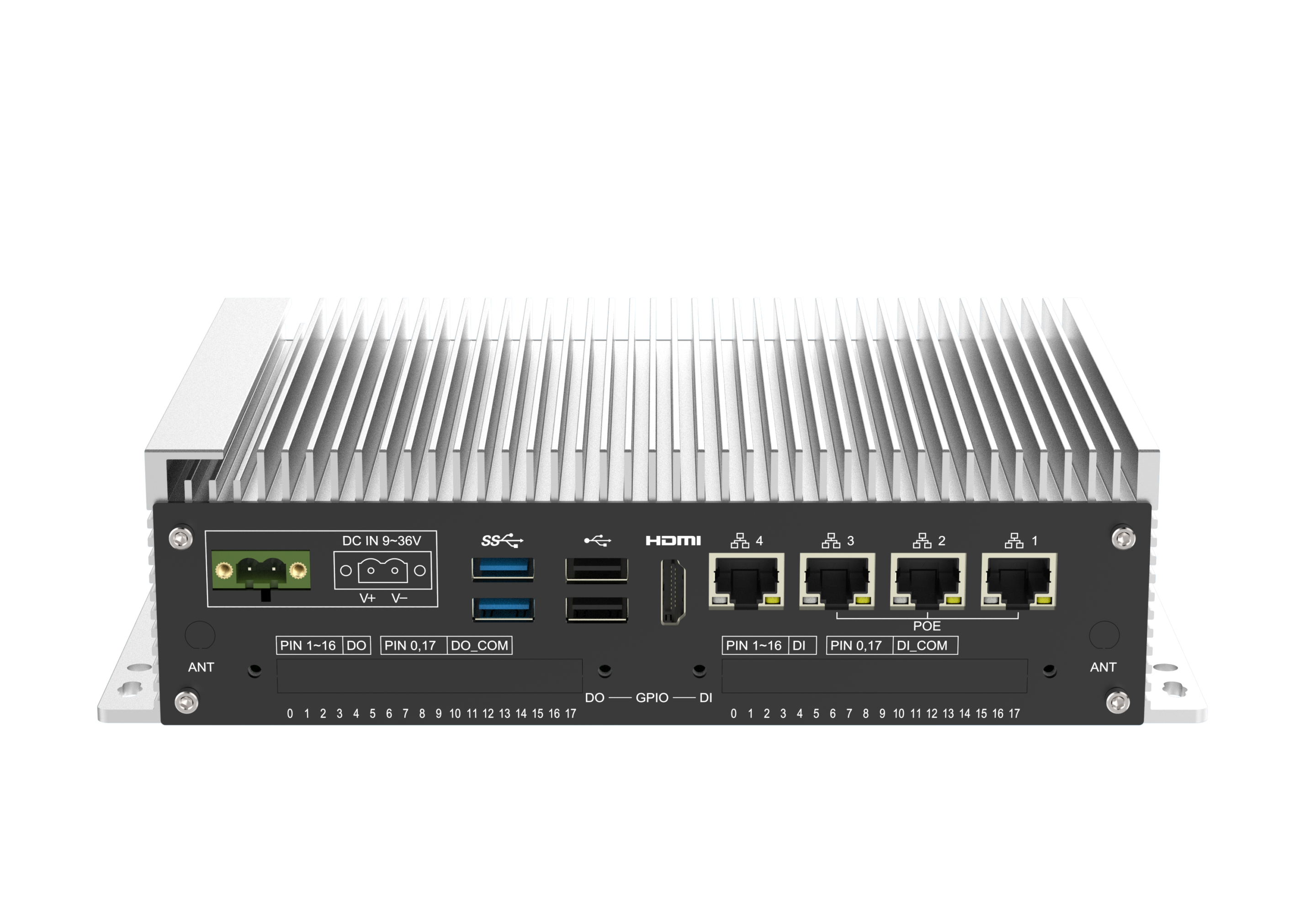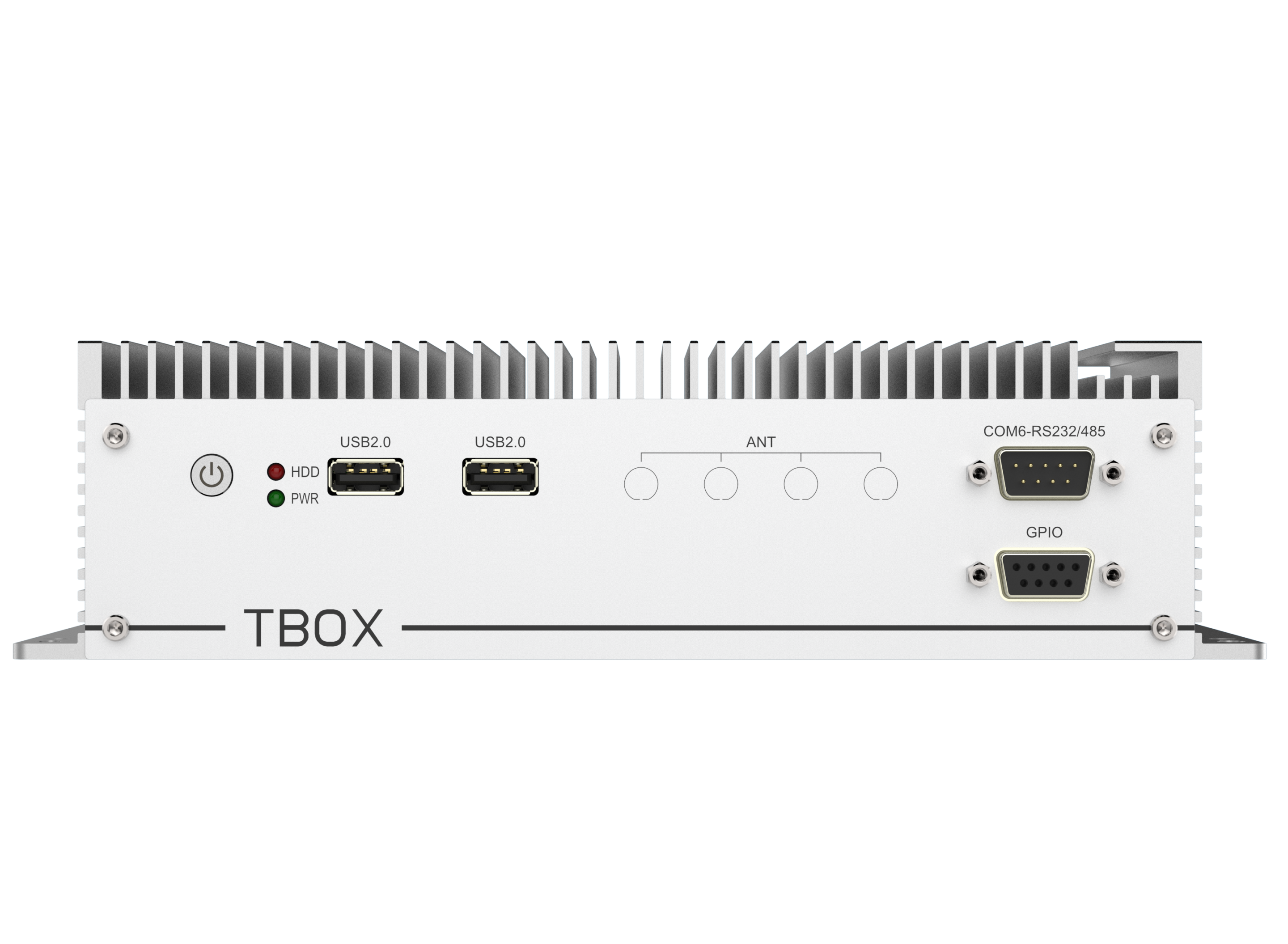In the industrial sector, there’s a continuous search for efficient and cost-effective IT solutions. Fanless industrial PCs are known for being durable and reliable, helping to reduce maintenance costs.
Fanless industrial PCs operate without the conventional cooling fans found in standard computers. They employ passive cooling techniques, such as heat sinks, to dissipate heat. This design not only ensures silent operation but also offers protection against dust and moisture, common environmental hazards in industrial settings that can shorten the life of equipment.
These PCs can benefit the bottom line in several ways.
Enhanced durability
The industrial-grade design of these PCs and the absence of moving parts like fans helps reduce wear and tear and the risk of failure in 24/7 industrial operations. This translates to fewer repairs and less maintenance.
Environmental resistance
Traditional fan-cooled systems are vulnerable to environmental elements, as they draw in air (along with dust and moisture) to cool internal components. Fanless designs are sealed, offering better protection and reducing the need for frequent cleaning or component replacement due to environmental damage.
Energy efficiency
The passive cooling mechanism of fanless industrial PCs consumes less power, contributing to reduced energy costs, which factors into overall maintenance expenses. Fanless PCs are typically designed with low-power processors and other components, making them more energy efficient than traditional desktop or server PCs.
For example, a fanless PC such as the TBOX-12T25 uses a Core i5-1135G7 processor, which is rated as low as 15 watts of total power dissipation. On the other hand, a traditional desktop PC with cooling fans could use a Core i5-11600 processor, which is rated at 65 watts of total power dissipation. This means the fanless PC will use up to 77% less power than the desktop PC, just on the processor rating alone. In addition, there are no cooling fans, saving more power. Other elements of the PC are also designed for low power usage, to minimise heat generation and the need for other cooling sources.
Maintenance advantages beyond the PC itself
Fanless PCs can also help reduce the maintenance costs of other plant and equipment by using it to monitor these in real time, and predict when failures are likely to be imminent. Being a PC-based platform, companies can remotely log in to the fanless PC on site, to see what’s happening in their plant.
Tailoring solutions to industry needs
As well as contributing to lower maintenance costs, fanless industrial PCs are versatile and adaptable to various industrial applications, from complex manufacturing processes to precise data logging and control systems. The key is selecting and configuring a system that aligns with the specific industrial requirements, whether this involves integration with existing infrastructure or bespoke system development.
The integration of fanless industrial PCs into existing systems requires a deep understanding of both the technology and the specific industrial environment. Expert guidance in this phase can be invaluable, ensuring seamless integration and optimal performance. Ongoing support post-integration plays a crucial role in maintaining these systems efficiently, further reducing maintenance costs.
A sustainable investment
The shift towards fanless industrial PCs is not merely a pursuit of cost reduction; it’s also a step towards sustainable industrial practices. Their energy-efficient operation and longevity contribute to a reduced environmental footprint, aligning with global initiatives for more sustainable industrial operations.
 Exploring the possibilities
Exploring the possibilities
For industries looking to harness the benefits of fanless industrial PCs, it’s essential to partner with providers who offer not just the hardware but also the expertise to tailor and integrate these systems effectively. The right partnership can unlock the full potential of this technology, paving the way for a more efficient, cost-effective, and sustainable industrial future.
To explore how fanless industrial PCs can revolutionise your operations and significantly reduce maintenance, reach out to our experts at Esis. Our team is ready to guide you through the process, ensuring that you get the most out of this smart investment. Contact us today!
FAQs
What are fanless industrial PCs?
Fanless industrial PCs are computers designed for industrial environments, using passive cooling methods instead of traditional cooling fans. This design makes them more durable and resistant to dust, moisture and other environmental factors.
How do fanless industrial PCs reduce maintenance costs?
They reduce maintenance costs by eliminating the need for fan-related repairs and replacements, being resistant to environmental contaminants, and consuming less power, thus offering a longer lifespan and energy efficiency.
Are fanless industrial PCs energy efficient?
Yes, fanless industrial PCs are more energy efficient than traditional fan-cooled systems because they don’t require additional power to run cooling fans. Fanless PCs are also typically designed with low-power processors and other components, making them more energy efficient than traditional desktop or server PCs.
What are the typical applications of fanless industrial PCs?
These PCs are used in various industrial applications including manufacturing processes, data logging, machine control, and any environment where reliability and durability is critical.
Can fanless industrial PCs operate in extreme temperatures?
Fanless industrial PCs are designed to operate reliably in a wide range of temperatures, making them suitable for harsh industrial environments.
How do fanless industrial PCs handle heat without fans?
They use passive cooling methods like heat sinks or heat pipes to dissipate heat, effectively managing temperature without the need for moving parts.
Are fanless industrial PCs more expensive than traditional PCs?
Initially, they might be more expensive, but their long-term cost benefits due to lower maintenance and energy costs make them a cost-effective solution in the long run.
How do I choose the right fanless industrial PC for my needs?
Consider factors such as the operating environment, processing power requirements, connectivity options, and specific industrial applications. Consulting with an expert or a provider can help in tailoring the right system for your needs.
ESIS is the leading supplier of outstanding industrial electronic equipment in the Australian market since 1971. Check out our exclusive range of Fanless PCs, Industrial PCs (IPC Solutions), Rugged Tablets, Rugged Notebooks, HMIs, Panel PCs, and other electronic components. Our products are certified and made with high-quality custom materials for accurate results. Contact us for a detailed product catalog or to share your queries.
Want to learn more about how your business can benefit from using fanless industrial PCs? Reach out to our team of experts at Esis and discover the possibilities!



 Exploring the possibilities
Exploring the possibilities